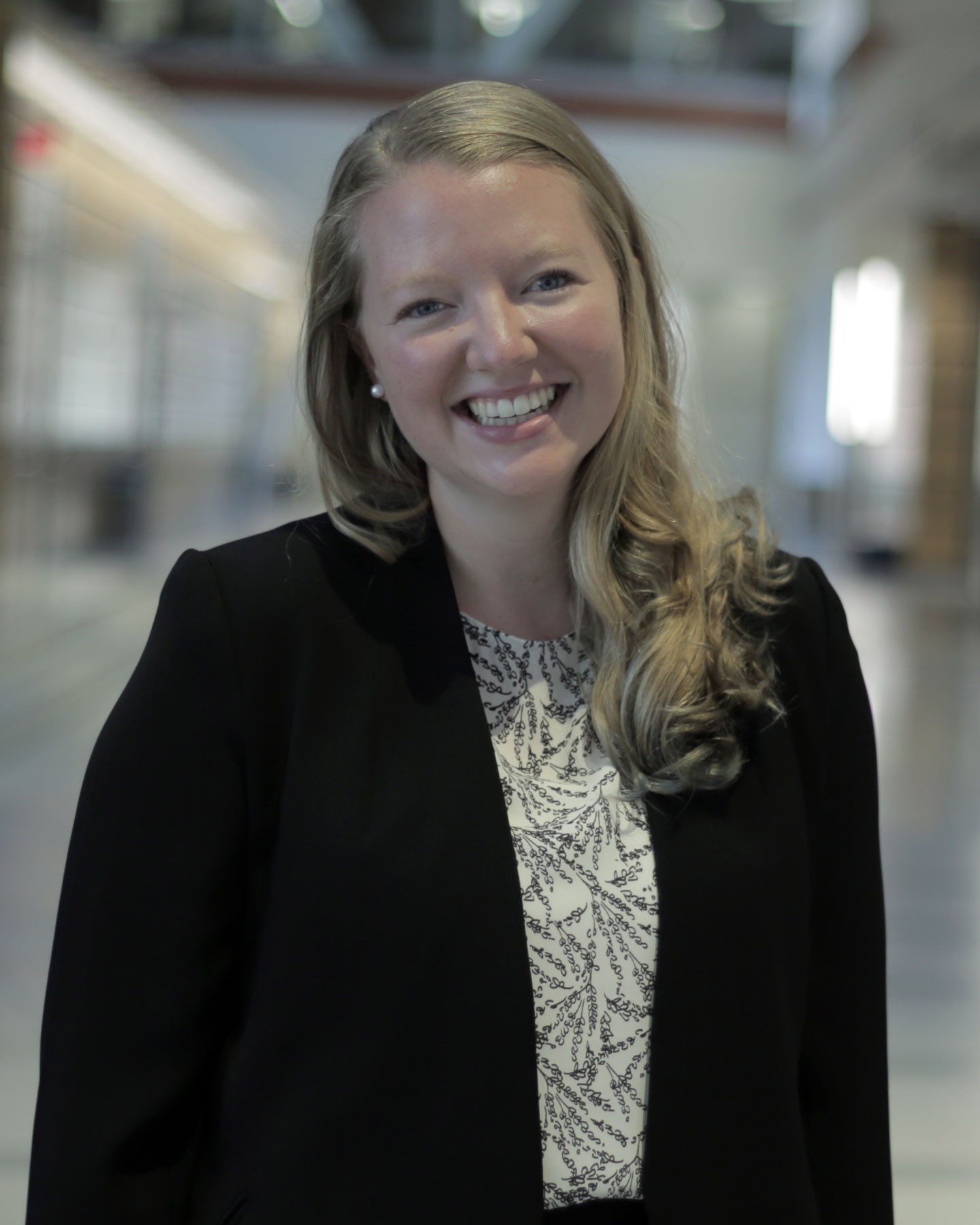Experiencing the world from a safe distance
With COVID-19 halting travel, the School of Management pivots to virtual global programs
By Matthew Biddle
Last fall, undergrad Emily Piscitelli received a cooking demonstration from the co-owners of Yabo’s Food Truck, based in Ghana. She toured Kakum National Park and a former slave castle, attended a Ghanaian dance class and even tasted jollof rice, a popular dish in West Africa.
Best of all, in a world gripped by the coronavirus, she was able to experience all of it from her home, thanks to the ingenuity and resilience of the School of Management.
“A global mindset is an important skill for any career,” says Piscitelli, a junior accounting student. “Being able to say that I not only expanded my global reach, but also did so virtually, will set me apart from other students after this pandemic. Now, I can confidentially tell an interviewer that, whether in person or virtually, I have the knowledge to interact with others from different backgrounds and create meaningful relationships.”
Piscitelli is among more than 100 students who participated in the school’s virtual global programs last year. Led by Dorothy Siaw-Asamoah, faculty director, the team shifted four international and seven U.S.-based experiential learning programs to a virtual platform, engaging with alumni, business leaders and partners on the ground to offer unique, engaging experiences for students.
The shift has been so successful that, even after COVID-19 is behind us, the School of Management plans to continue offering virtual credit-bearing programs concurrently with in-person trips, allowing students to gain global experience regardless of financial means, scheduling challenges or family obligations.
Adapting to change
For Ghana, local partners created custom video experiences to replace in-person visits, and video conferencing allowed students to engage, learn from and even dance with entrepreneurs, queen mothers and other Ghanaian leaders across the Atlantic.
Students also completed semester-long projects with local organizations. Piscitelli and her teammates engaged with Ladybird Logistics, the first company worldwide with an all-female staff of truck drivers. Tasked with helping Ladybird motivate its workers and increase awareness of its values, the team developed an employee survey and incentive program and presented to company leaders via Zoom.
Tori Gosy, MD/MBA ’22, was one of several health care students from four other UB schools who participated in the interprofessional Ghana program. Building off an idea from public health student Autum Carter, Gosy’s team created a video series about cardiovascular health, HIV and COVID-19 to educate patients at Nsawam Government Hospital and students in Accra schools. To do so, the team consulted with UB faculty and public health experts, as well as Claudia Debrah, a friend of the program in Ghana who clarified cultural norms.
“My takeaways are many: the chance to develop my leadership skills, the creativity that is sparked through collaboration and the constant need for innovation to adapt to our changing world,” Gosy says. “This last point was effortlessly executed by Professor Siaw-Asamoah and her team: Global impact need not be limited by inability to travel.”
Fascinating conversations
Janelle Fore, BS/MBA ’21, knows the value of global experiences, having previously traveled to Ghana and Costa Rica. So, when COVID-19 forced the school’s interprofessional program in India to go virtual, she wasn’t deterred.
During the semester, Fore completed two projects: First, in partnership with Amrita University, she and her team of UB and Amrita students created a business model to support the Jivamritam initiative, which aims to install drinking water filtration systems in 5,000 villages across India. Fore and her classmates also attended weekly Salesforce sessions led by Daniel Franasiak, BS ’17, MBA ’18, and Alexander Bitar, BS ’17, MS ’19, with the goal of building a platform to help the nonprofit Head Held High capture its volunteers’ and beneficiaries’ information.
“I loved how my team met virtually each week because I got to learn about each person and their culture,” Fore says. “I gained a better understanding of different states and regions in India, and my teammates were upfront about asking questions that aren’t really discussed in the U.S., which made each meeting interesting and spontaneous.”
Experiencing the 50
Students can also broaden their global mindset through domestic “Experience the 50” programs—even from behind a laptop. In the Disney program, students attended sessions with UB alumni like Georgia Cruz, senior pricing and revenue management analyst at Disney. For Chicago, students got an inside look at the airline industry’s COVID-19 response from Joanne Rinaldo, BS ’95, former senior manager at United Airlines (see cover story, page 8). And, in the Austin program, students talked entrepreneurship with Rob Hunter, BS/MBA ’82, special advisor to Pushnami, a push notification platform.
For Rachel Sudyn—who recently relocated to work for Goldman Sachs after completing her bachelor’s in December—the virtual Austin experience was invaluable.
“I loved getting to meet alumni and hear their stories and how UB helped them achieve their goals,” Sudyn says. “Their advice helped me further prepare for my move, and they provided a fresh perspective on what it takes to be successful, especially in this new work-from-home environment.”
Meanwhile, Morgan Christopher, a dual-degree MS in Real Estate Development/MBA student, deepened his understanding of business operations and sharpened his teamwork and project management skills through the Chicago program.
“Even in non-COVID times, these virtual programs will be beneficial for students—you can expect to gain practical, real-life experience, while having an engaging, fun and incredibly productive learning experience,” he says.
